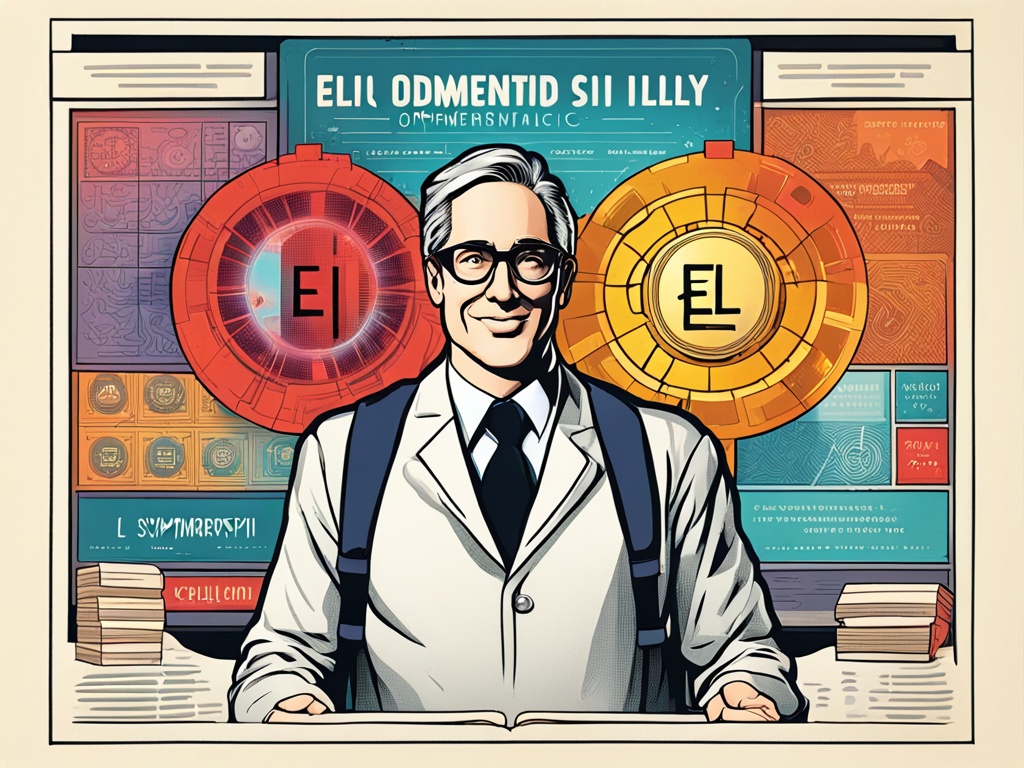Understanding the Landscape of Web3 and Cryptocurrencies in Italy 🌐
A recent analysis by Consensys reveals that while cryptocurrencies and the Web3 framework are making strides in Italy, skepticism and uncertainty are hindering wider acceptance. The Italian market illustrates a blend of curiosity, investment diversification, and deep-seated mistrust that presents both prospects and challenges for the evolution of Web3. This article explores these dynamics in detail.
The Educational Divide: Insights from the Consensys Survey 🤔
In the past few years, the cryptocurrency sector has drawn interest from millions globally, including a sizable number of Italians. Even as enthusiasm for these technologies grows, the national context showcases various contradictions.
On one hand, there is a notable interest in technological innovation; on the other hand, substantial obstacles persist, including skepticism, insufficient knowledge, and fears surrounding risks and scams.
This scenario represents a considerable challenge for industry players in the blockchain and Web3 arena, but it also opens avenues for enhancing education and building trust.
According to the 2024 global survey by Consensys, 21% of Italians have had direct interactions with cryptocurrencies, while 27% intend to invest over the next year.
The primary drivers behind this interest include:
- Curiosity: 31% of respondents indicated this as their main motivation.
- Portfolio Diversification: 14% expressed interest in diversifying their investments.
- Short-term Returns: 12% are looking for immediate gains.
Despite this enthusiasm, only 11% of the Italian populace currently holds cryptocurrencies, with higher prevalence among younger demographics. The stats show:
- 15% in the 18-24 age bracket
- 13% aged 25-34
- Only 8% of individuals aged 55-65 are venturing into this domain.
Although an impressive 94% of Italians recognize the term “cryptocurrencies,” just 49% claim understanding of how they function, while 46% admit to having lingering uncertainties.
This educational gap highlights a significant barrier to broader adoption: the insufficient knowledge regarding blockchain, Web3, and decentralized systems.
Key concerns that hinder acceptance include the perception of market volatility (60%), anxiety over scams and phishing (54%), and difficulties in identifying where to begin (41%).
Cultural Obstacles and Varied Perspectives 🏛️
Globally, cryptocurrencies are often linked to ideas like “the future of finance” or “digital ownership.” In Italy, however, more pessimistic views prevail, associating them with “speculation” and “fraud.”
This disparity highlights not only a unique cultural backdrop but also a rampant mistrust towards new technologies.
Intriguingly, only 35% of Italians think decentralized systems can enhance essential sectors, such as banking or public services. This statistic reflects a limited appreciation for the potential innovations that Web3 can provide.
Trust in conventional financial institutions adds another layer of concern. A mere 50% of Italians express confidence in financial entities, which may present a possibility for decentralized finance (DeFi). However, a significant knowledge gap regarding how these alternatives function remains a major hurdle.
Education is instrumental in bridging the gap between interest and adoption. Presently, only 12% of Italians understand blockchain technology, and fewer than 30% believe that this technology can securely handle data and identities.
This perception is compounded by concerns that technologies like blockchain are environmentally unsustainable, a viewpoint notably prevalent in Italy. For instance, 37% of Italians think that cryptocurrencies like Bitcoin and Ethereum adversely affect the environment, often overlooking their differences.
Meanwhile, interest in NFTs (non-fungible tokens) is on the rise, albeit remaining in a niche sector. Approximately 25% of Italians are aware of this technology, and 32% aim to invest in it within the year.
NFTs could serve as a gateway to deeper engagement with Web3, particularly when tied to practical applications in digital art and gaming.
The Role of Consensys and Future Prospects for Cryptocurrency in Italy 🔮
Joseph Lubin, the co-founder of Ethereum and the CEO of Consensys, stressed the advantages that blockchain and decentralization can bring in terms of improved transparency, trust, and privacy in data handling.
Nevertheless, to realize this potential, issues such as misinformation and regulatory ambiguity must be tackled.
As per Lubin, 2024 could mark a significant turning point for the blockchain ecosystem due to enhanced educational efforts and technological progress.
In Italy, the primary challenge lies in overcoming cultural apprehension and fostering a deeper comprehension of the advantages that cryptocurrencies can offer.
This effort requires a collaborative approach involving businesses, institutions, and communities to educate the populace and close the gap between understanding and integration.
Sources:





 By
By
 By
By
 By
By

 By
By
 By
By